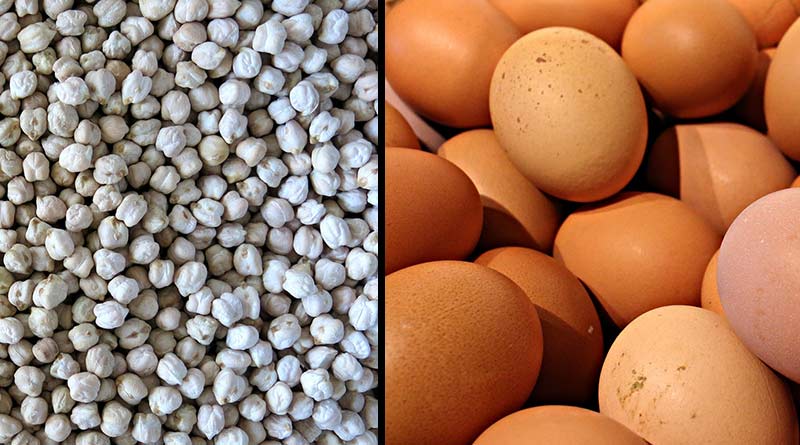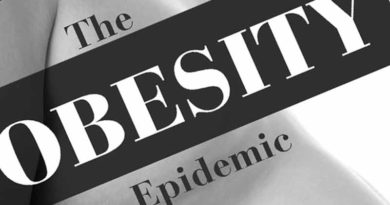Animal vs plant protein

Executive Summary
Please login to view this content
Introduction
Monday notes can come from the simplest of seeds. This one came from a tweet, but it’s a topic that I’ve been meaning to unpack for some time. I am most grateful to Dr Georgia Ede for her expertise and help with this week’s note.
A doctor sent me the following tweet with the message: “I didn’t realise more protein in chickpeas then eggs??” (Ref 1).

The double question mark indicated that the doctor didn’t believe this, and he was right to question this. WebMD has over three million followers. The twitter profile says, “WebMD and our medical team bring you the most trustworthy and timely health news and information.” I have used WebMD articles on occasions. On this occasion they were wrong and wrong in a number of ways…
Protein
I frequently present the following diagram in conference presentations:

In relation to protein, it makes the following key points:
a) Protein is in every food except 100% carbohydrates (i.e. sucrose) and 100% fats (e.g. lard/oils).
b) Real food comes primarily in the form of carb/proteins and fat/proteins. Carb proteins are plant-based foods (fruits, vegetables, grains, and legumes/pulses); fat proteins are animal-based foods (meat, fish, eggs, and dairy).
c) Nuts and seeds (and avocados) are unusual foods in that nature has put carb, protein, and fat in good measure i.e. they don’t fall into the carb/protein or fat/protein categories.
Let’s look at chickpeas (carb/protein) vs egg (fat/protein) for total protein. 100g of chickpeas contains 8.9g of protein (Ref 2). 100g of egg contains 12.6g of protein (Ref 3). If we generously check to see if they have compared by calorie and not weight, 100g of chickpeas contains 164 calories and 100g of egg contains 143 calories and so the egg would do even better by calorie. WebMD have probably tried to claim that raw chickpeas have more protein that an egg. 100g of raw chickpeas contains 19.3g of protein and 364 calories, but raw chickpeas are inedible unless at least soaked and then protein falls per 100g as water weight is added. Hence, if this is the claim being relied upon, it is disingenuous at best and will continue to fail for a calorie comparison. In addition, the egg, as vegetarian protein, was well chosen to try to help legumes. Picking omnivore protein – meat or fish – would have widened the gap with any plant protein used in comparison.
Overall protein requirement
The rest of this article is available to site subscribers, who get access to all articles plus a weekly newsletter.
To continue reading, please login below or sign up for a subscription. Thank you.




